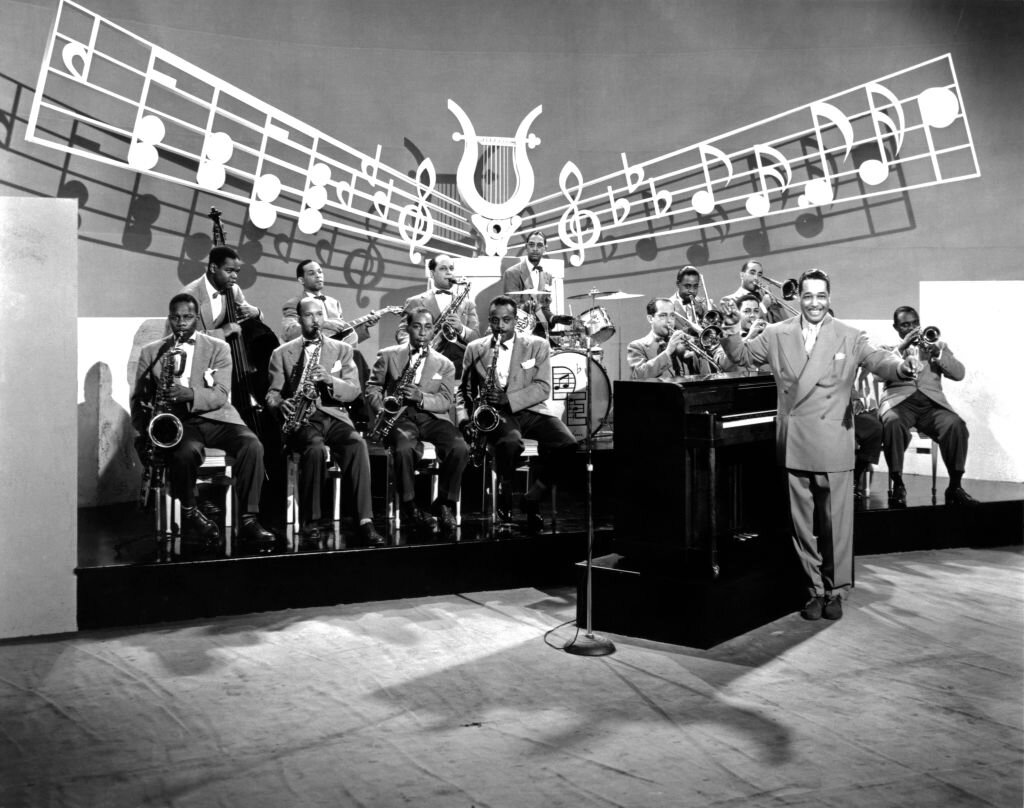Last week, I posed a question about an outcome I created with an executive, Tom. He was a gruff character who was sabotaging a project that needed to move forward. If you like happy endings, this one’s for you.
The outcome we achieved looked like pure magic. I received many answers to my question asking for your theories on “how I did it” – it was a joy to read them all.
(If you missed last week’s article, you can read it here for context.)
The answer to what I did is listen. That’s how I did it. But I did it a little differently than you would think.
Many people wrote the answer is also “acknowledging”. True that, but if you don’t listen well, the acknowledgement is hollow and ineffective. The acknowledgement gets all its power from the listening.
This is one of the most misunderstood words in any language.
To most people, listening means, “Stop talking and wait for you to finish.” I know this is true because while “listening” they have the same look on their faces that waiting produces in people standing in a long supermarket line. It’s a mildly annoyed, “I hate waiting but there’s no way around it” look.
The problem is that no one likes you to look at them like that.
The problem is that listening has nothing (and I truly mean nothing) to do with waiting.
To other people, listening means, “I’m not so interested but I’ll pretend.”
The problem is that pretended interest, pretended listening, pretended anything … well, it’s no foundation for a good conversation, a good relationship, nor good outcomes.
Even worse, the other person always knows you’re doing it.
To other people, listening means, “Okay, I am forced to let you talk, and forced to understand you because it’s the only way I’m going to get to my outcome, so I’m going to listen for anything you say that I could possibly use to help me achieve the result I want.”
The problem is that the other person knows you’re doing that too.
The problem is that people fixate on the outcome they want at that moment.
One person wrote, “I have to stay focused on the outcome I want while I listen. If I take my focus off the outcome I want, I won’t get it.”
If you have children you’ve seen something like this:
That moment when you’re explaining to your 10-year old why they can’t ____________ (have ice cream, get that new gadget, play with a friend, fill in the blank). And they really, really want it. That moment you’re telling them and they are focused on the outcome they want. How well are they listening? How much are they hearing? WHAT are they hearing?
If you have children, you’ve experienced this moment and know what I’m talking about. You might be laughing reading this because you’ve seen it more than once.
If you don’t have children, you’ve experienced this moment in some other setting where the other person isn’t getting the “outcome” they want.
How can you listen when your attention is fixated on the outcome you want? The answer is: you can’t.
Your attention must be free enough that you can fully give all of it to the other person and be feeling genuine interest in what they’re saying.
One person wrote me this week, “Most people don’t have your patience.”
Let me explain patience. If you look this word up in a good dictionary it means: to suffer pain, delay, trouble, difficulty or being provoked without complaining or displaying discontent or displeasure.
The word patience originally meant to endure.
Listening has nothing to do with suffering or enduring. Or suppressing your displeasure.
Yet many people do feel they are suffering when they have to listen to things they disagree with. (Aren’t you glad I’m not bringing up politics in this discussion? Such a great example. :) )
Real listening has nothing to do with your outcome, or even your point of view. You have to set that aside during this phase of the communication process.
Real listening has no agenda.
Real listening has a very pure intent: to understand.
It’s amazing the magic created by the purity of this intent.
I’m talking about listening for the sake of understanding. Interest for the sake of knowing. I’m talking about understanding what this other living being is trying to communicate. I’m talking about something pure.
So let’s go back to my story from last week:
Here’s what I did. I decided to be there for Tom. At that moment I didn’t care what happened, I put my own outcome completely aside.
We walked into the room and I made sure we both were comfortable. I asked, “Tell me your thoughts about this project. Is it creating a real hassle for you?”
I gave him 100% of myself.
My intent was effortless and pure. I simply felt this: “I have no agenda. I am here for you. Like no one has ever been here for you in your life. Take all the time you need. I want to hear everything.”
Tom studied my face. I could see him searching for my motive. I stayed peacefully quiet. Ready to receive.
To me listening is sacred. It just is. I think he could see that, could feel it, because it was true.
He started to talk. A trickle turned into a flood. All of his frustrations poured out. I was simply there to receive it all and to understand this human being.
I could see the moments in his eyes and face when he gradually went from thinking I was dangerous to realizing I was safe. The safer he felt to say anything to me, the more he said.
He went deeper and deeper, under the layers, told me more and more.
When he finished, I gently asked, “Is there anything else I should know?” There were about 3 times I asked that. There was more each time.
When he was ALL finished he was completely relaxed, looking at me with affinity, he looked amazing. He really had told me everything. He looked peaceful.
That’s when I said, “I really understand.” And he knew it was true.
We were both quiet.
I let this beautiful silence sit between us, both of us enjoying the moment. It went on, deepening with each moment of silence.
I let him control it.
His face was gentle. His eyes warm. We had a bond.
It was enough for me. I’ve created many “outcomes” in my life. I’m good at creating outcomes. What I care about now in my life is this magic. It’s enough for me. I don’t care where it goes. I trust it. It always goes someplace good.
So there we sat in silence. Looking at each other. Looking away. Looking back. A gentle space. Highly unusual moment for a corporate setting.
After a couple minutes I could see Tom was starting to think about something. He was looking out the window. Thoughts were forming. He got this look on his face that people get when they’re getting an idea.
Then Tom said, “I think your project could do some good if it was organized right ….” It’s like he suddenly “heard” what everyone had been trying to tell him for weeks for the first time.
And he started to create the project on his own.
He stood up. I sat back, relaxed and watched him white-board a plan for the project. A brilliant plan. I answered a few questions, but he did it all.
Later, everyone complimented me on being “persuasive.” They wanted to know, “What did you say to turn Tom around?”
We were in there for 2 hours. The only words (about 24 of them) I said over the whole time we were in there were:
“Tell me your thoughts about this project. Is it creating a real hassle for you?”
“Is there anything else I should know?”
“I understand.”
It wasn’t what I said.
It was how I was being: Interested.
It’s what I was doing: Receiving.
It’s what he was feeling: Understood.
It was being able to do that in its absolute purity.
It looked like magic.
One of my clients wrote, “Sounds so simple. But it really is an art.”
It looks like an art. And you look like an artist when you do it. What it actually is, is a decision. It demonstrates the pure power of decision. Your decision.
It’s also an ability. I worked hard to develop this ability. And I love to teach it to others.
Who needs outcomes when you have magic?
Next week, I’ll wrap up this little series of articles with more about the magic of acknowledgements.
Be the cause!
(Start from the beginning of the series - The secret to melting resistance...)

























